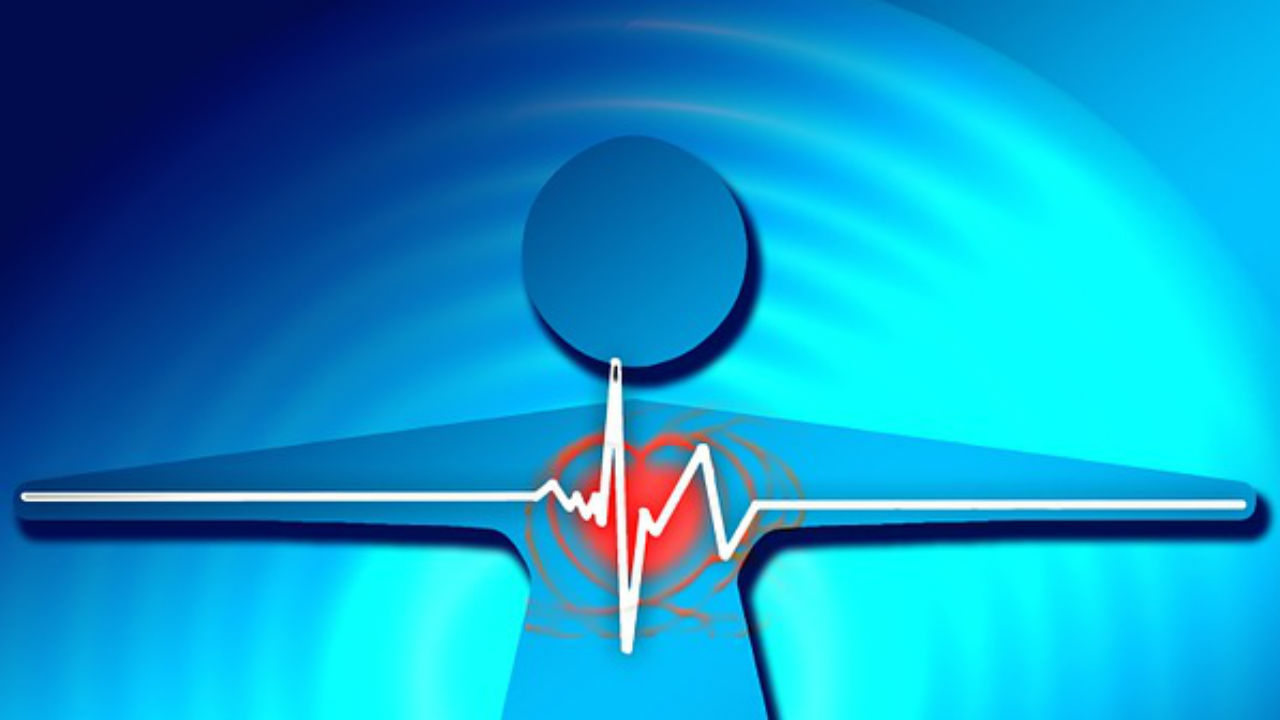The heart’s primary function is to pump blood throughout the circulatory system. This is accomplished through the contraction and relaxation of heart chambers, which generate blood pressure through the venous system. In a healthy individual, the heart can generate enough pressure to supply enough oxygenated blood to meet the body’s homeostatic needs. In a condition known as congestive heart failure (CHF), the heart is no longer capable of supplying enough oxygenated blood to the body. Even though the heart may continue to pump blood, organs will not get sufficient oxygen. This can lead to organ death and the eventual death of the patient.
Weakening or damage to cardiac muscle can cause congestive heart failure to develop. For some individuals, cardiac failure occurs in the left ventricle (the section of the heart responsible for pumping oxygenated blood). This is known as left-ventricular heart failure, and is more common than the alternative, right-ventricular heart failure. Left-ventricular heart failure can occur in either the contraction of the heart (systolic action) or relaxation of the heart (diastolic action). If the left ventricle cannot properly contract (systolic action), then it can no longer adequately pump blood. This means that the heart cannot generate enough pressure to supply oxygenated blood to the body. This can cause fluid to accumulate in the lungs and lead to pulmonary edema. This is more common in men between the ages of 50-70 years who have a history of heart attacks. If the left ventricle is unable to properly relax, (diastolic action) then the heart cannot completely fill with blood. Fluid entering the heart begins to back up, leading to swelling in surrounding tissue and veins throughout the body. Diastolic failure is more common in patients who are female, elderly, have high blood pressure, have diabetes, or are overweight.
Cardiac compromise can also occur in the right ventricle (the section of heart responsible for pumping deoxygenated blood). Failure of the right ventricle is commonly associated with an initial failure of the left ventricle. If right-ventricular heart failure occurs, deoxygenated blood will begin to accumulate in all veins as well as the tissue surrounding the heart. Swelling will typically occur in the feet, ankles, legs, and abdomen.
There are several factors which can contribute to heart weakening and congestive heart failure. Patients with high blood pressure can develop CHF as a result of increased strain on heart muscle. Patients with coronary artery disease may also develop CHF, as blood supply to the heart is compromised. Patients who have a history of heart attacks or myocardial infarctions which produced scar tissue can also develop CHF. Infection of the heart muscle (myocarditis) or heart valves (endocarditis) can cause CHF to develop, as can heart valve disease resulting from other causes, such as rheumatic fever. Patients with cardiomyopathy can develop CHF as a result of diseased heart tissue. Finally, patients with congenital heart defects can develop CHF in addition to other cardiac problems.
References:
1) http://www.medicinenet.com/congestive_heart_failure/article.htm:
2) http://www.americanheart.org/presenter.jhtml?identifier=4585






Add a Comment1 Comments
Abnormally high blood pressure increases the amount of work the left ventricle has to do to pump blood out into the circulatory system. Over time, this greater workload can damage and weaken the heart. This can lead to heart failure if this damage is allowed to go on unchecked.
March 10, 2011 - 1:42amCauses of Congestive Heart Failure
This Comment